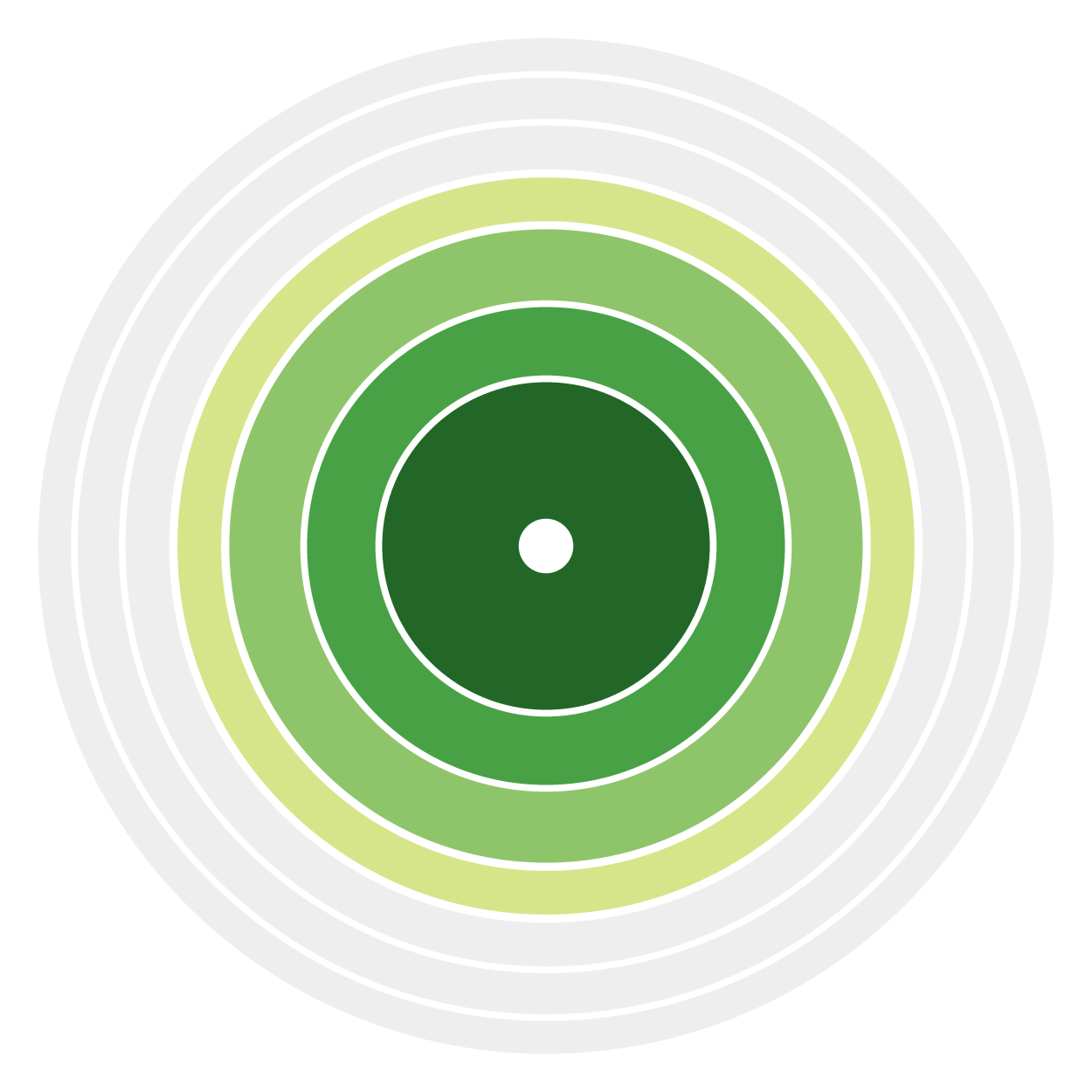Japanese vocabulary organized by JLPT level
Wikipedia JLPT N5 Vocab 601-676
QUICK STUDY
FLASHCARDS
DOWNLOAD
Most common form: こちら
noun
1. this way (direction close to the speaker or towards the speaker); this direction (see also: 何方, 其方, 彼方; often written with kana only)2. here (place close to the speaker or where the speaker is)
(click the word to view an additional 3 meanings and 3 forms, examples and links)
noun
1. (hard) candy; toffee (food term)2. rice-sugar; sugar made from the starch of rice, potatoes, etc. (food term)
(click the word to view an additional 1 meaning and 1 form, examples and links)
'mu' godan verb, intransitive verb
to live (of humans); to reside; to inhabit; to dwell; to abide (see also: 棲む)(click the word for examples and links)
adverbial noun (fukushitekimeishi), noun (temporal) (jisoumeishi)
Saturday(click the word to view an additional 3 forms, examples and links)
Most common form: おく
'ku' godan verb, transitive verb
1. to put; to place2. to leave (behind)
(click the word to view an additional 8 meanings, examples and links)
pronoun
1. there; over there; that place; yonder; you-know-where (see also: どこ, ここ, そこ; place physically distant from both speaker and listener; often written with kana only)noun
2. genitals; private parts; nether regions (colloquialism; often written with kana only; CODE euph MISSING!; this meaning is restricted to reading あそこ, あすこ, アソコ)(click the word to view an additional 1 meaning and 3 forms, examples and links)
noun
evening meal(click the word to view an additional 1 reading and 2 forms, examples and links)
1. yellow
2. high-pitched (voice); shrill (see also: 黄色い声)
(click the word to view an additional 3 forms, examples and links)
conjunction, interjection (kandoushi)
1. come; come now; come along; go on; hurry up2. well; who knows; I don't know...; uh; hmm
(click the word to view an additional 2 meanings, examples and links)
'u' godan verb, transitive verb
to take lessons in; to be taught; to learn (from a teacher); to study (under a teacher); to get training in(click the word for examples and links)
Most common form: 履く
'ku' godan verb, transitive verb
1. to put on (or wear) lower-body clothing (i.e. pants, skirt, etc.); to put on (or wear) footwear (usu 履く or 穿く)2. to affix a sword to one's hip (usu. 佩く or 帯く)
(click the word to view an additional 1 meaning and 5 forms, examples and links)
noun
who? (often written with kana only; honorific)(click the word to view an additional 1 form, examples and links)
'ku' godan verb, intransitive verb, transitive verb
1. to pull2. to draw (attention, etc.); to attract (interest, etc.) (see also: 注意を引く)
(click the word to view an additional 12 meanings and 3 forms, examples and links)
noun
wife; your wife; his wife; married lady; madam (honorific)(click the word for examples and links)
ichidan verb, transitive verb
1. to open (a door, etc.); to unwrap (e.g. parcel, package); to unlock (this meaning is restricted to form 開ける)2. to open (for business, etc.) (this meaning is restricted to form 開ける)
(click the word to view an additional 8 meanings and 3 forms, examples and links)
Most common form: さす
2. to be visible
(click the word to view an additional 14 meanings, examples and links)
Most common form: いる
ichidan verb, intransitive verb
1. to be (of animate objects); to exist (see also: 在る; often written with kana only)2. to stay (often written with kana only)
(click the word to view an additional 1 meaning and 2 forms, examples and links)
adverbial noun (fukushitekimeishi), noun (temporal) (jisoumeishi)
Monday(click the word to view an additional 3 forms, examples and links)
noun
confections; sweets; candy(click the word to view an additional 2 forms, examples and links)
adverbial noun (fukushitekimeishi), noun (temporal) (jisoumeishi)
Friday(click the word to view an additional 2 forms, examples and links)
2. to jump; to leap; to spring; to bound; to hop (esp. 跳ぶ)
(click the word to view an additional 3 forms, examples and links)
2. straightforward; honest; frank (often written with kana only)
(click the word to view an additional 5 forms, examples and links)
1. unappetising; unappetizing; unpleasant (taste, appearance, situation) (often written with kana only)
2. unskillful; unskilful; bungling; clumsy (see also: 拙い)
(click the word to view an additional 2 meanings and 3 forms, examples and links)
2. insignificant; unimportant; trifling; trivial; worthless (often written with kana only)
(click the word to view an additional 2 meanings and 2 forms, examples and links)
adverbial noun (fukushitekimeishi), noun (temporal) (jisoumeishi)
Wednesday(click the word to view an additional 2 forms, examples and links)
narrow; confined; small
(click the word for useful expressions, examples and links)
Most common form: つく
'ku' godan verb, intransitive verb
1. to arrive at; to reach2. to sit on; to sit at (e.g. the table) (see also: 席に着く)
(click the word for examples and links)
'gu' godan verb, transitive verb
to take off (clothes, shoes, etc.); to undress(click the word for examples and links)
2. to be firm (of a body, face, etc.); to be well-knit (this meaning is restricted to form 締まる)
(click the word to view an additional 3 meanings and 3 forms, examples and links)
adverbial noun (fukushitekimeishi), noun (temporal) (jisoumeishi)
Thursday(click the word to view an additional 2 forms, examples and links)
noun
(flower) vase(click the word to view an additional 2 readings and 2 forms, examples and links)
noun
kilogram; kilogramme (often written with kana only; originally from French)(click the word to view an additional 1 form, examples and links)
'ru' godan verb, intransitive verb
1. to ascend; to go up; to climb2. to ascend (as a natural process, e.g. the sun); to rise (usu. 昇る)
(click the word to view an additional 6 meanings and 4 forms, examples and links)
noun
kilometer; kilometre (often written with kana only; originally from French)(click the word to view an additional 2 forms, examples and links)
ichidan verb, transitive verb
to forget; to leave carelessly; to be forgetful of; to forget about; to forget (an article)(click the word for useful expressions, examples and links)
Most common form: なくす
2. to get rid of (usu. 無くす; often written with kana only)
(click the word to view an additional 1 meaning and 3 forms, examples and links)
ichidan verb, transitive verb
1. to line up; to set up; to arrange in a line2. to enumerate; to itemize
(click the word to view an additional 1 meaning and 2 forms, examples and links)
'ku' godan verb, intransitive verb
1. to blow (of the wind)'ku' godan verb, transitive verb
2. to blow (one's breath); to breathe out; to blow on (hot tea, candles, etc.); to puff(click the word to view an additional 7 meanings and 2 forms, useful expressions, examples and links)
Most common form: 務める
2. to serve (as); to act (as); to fill (the position of); to play the role (of) (usu. 務める)
(click the word to view an additional 1 meaning and 2 forms, examples and links)
1. to sing (bird)
2. to bark; to purr; to make sound (animal)
(click the word to view an additional 2 forms, examples and links)
'ku' godan verb, transitive verb
1. to polish; to shine; to brush (e.g. teeth)2. to refine; to improve
(click the word to view an additional 2 forms, useful expressions, examples and links)
noun
toilet; restroom; lavatory; bathroom(click the word to view an additional 2 forms, examples and links)
Most common form: おばさん
noun
1. aunt (as 伯母さん, older than one's parent, as 叔母さん, younger; honorific; familiar language; often written with kana only)2. old lady; ma'am (vocative) (小母さん in kanji form; familiar language; often written with kana only)
(click the word to view an additional 3 forms, examples and links)
Most common form: 緩い
1. lukewarm; tepid (ぬくい is primarily used in Western Japan; often written with kana only; this meaning is restricted to form 温い, 微温い)
2. lenient (see also: 緩い:ゆるい; often written with kana only; this meaning is restricted to reading ぬるい)
(click the word to view an additional 1 reading, 1 meaning and 3 forms, examples and links)
Most common form: おばさん
noun
1. aunt (as 伯母さん, older than one's parent, as 叔母さん, younger; honorific; familiar language; often written with kana only)2. old lady; ma'am (vocative) (小母さん in kanji form; familiar language; often written with kana only)
(click the word to view an additional 3 forms, examples and links)
'ru' godan verb, intransitive verb
1. to get cloudy; to cloud over; to become overcast2. to cloud up; to fog up; to mist up; to become dim
(click the word to view an additional 2 meanings, examples and links)
Most common form: うるさい
2. annoying; troublesome; tiresome; persistent; importunate (often written with kana only)
(click the word to view an additional 2 meanings and 5 forms, examples and links)
Kanshudo is your AI Japanese tutor, and your constant companion on the road to mastery of the Japanese language.
To get started learning Japanese, just follow the study recommendations on your Dashboard.
You can use Quick search (accessible using the icon at the top of every page) to look up any Japanese word, kanji or grammar point, as well as to find anything on Kanshudo quickly.
For an overview, take the tour.




